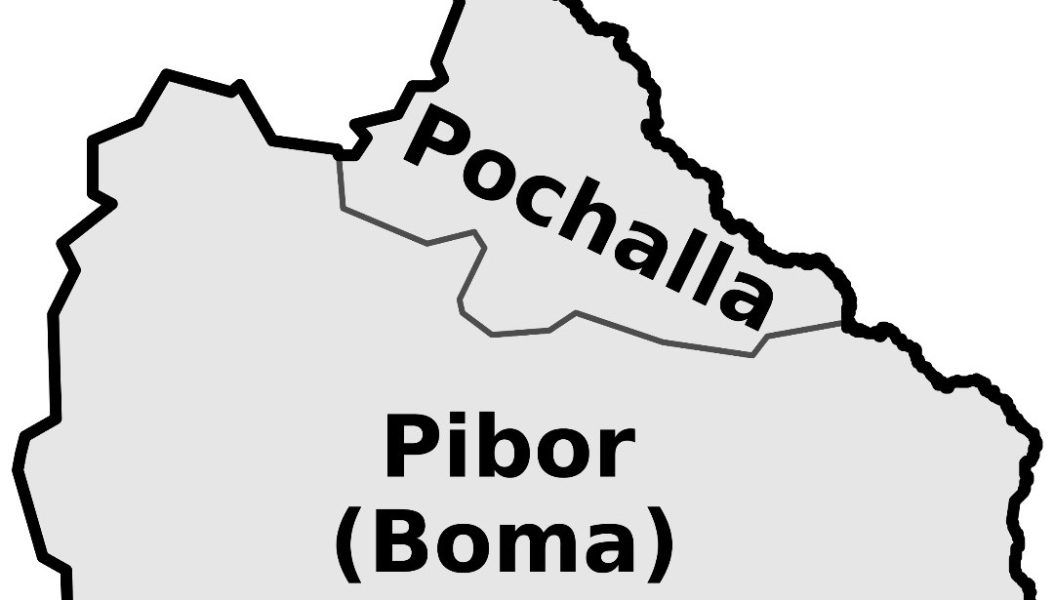
A civil society activist is calling on political leaders in Jonglei State and the Greater Pibor Administrative Area (GPAA) to ensure the Anuak community is represented and actively participate in government affairs.
Edmund Yakani, Executive Director of Community Empowerment for Progressive Organization (CEPO), stated that the Anuak are being systematically isolated from public participation and decision-making, leading to their marginalization.
As a clear example, Yakani pointed to a women’s conference currently happening in Juba for representatives from Jonglei and the GPAA, where Anuak women were not included.
“We are aware now that there’s a meeting of women going on in Juba between the Greater Pibor Administrative Area and Jonglei state, and Anyuak women are not represented, and this is not the first of its kind,” Yakani said, noting that this neglect has occurred repeatedly.
He made a direct appeal to the leadership in Jonglei and Pibor to remedy the exclusion.
“I’m appealing to the current leadership of Jonglei State, Dr. Riek Gai as the Governor and Gola Boyoi as the Chief Administrator of the Greater Pibor Administrative Area, under your leadership, to try to correct this particular situation,” he appealed.
Yakani also urged the national government to intervene, asking both the upper and lower houses of parliament to address the crisis facing the Anuak and other minority groups in the country.
“The Council of States should pay attention to these issues and should bring them up,” he added. “And I would like to appeal to His Excellency President, to ensure that there’s a need to establish an engagement that specifically focuses on the protection of the minority groups or groups that are vulnerable to identity.”
The Anuak are a Luo-speaking people who reside mainly in the Pochalla and Akobo counties within the Greater Pibor Administrative Area.
Beside the political neglect, the community also faces other challenges, including historical land loss and ongoing conflict with neighbouring communities, which fuels insecurity and displacement.

